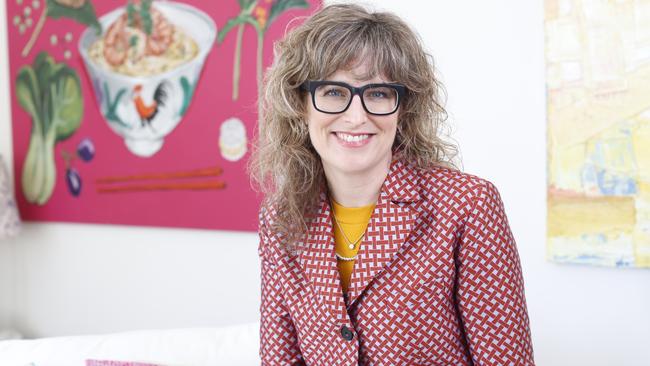Invest like the rich by injecting cash into entrepreneurs, start-ups
Years ago only the wealthiest investors could buy into start-up companies, but that’s changed. Here’s how to grab a slice.
Rich investors often make big money from taking big risks buying into small start-up companies, and most everyday Australians don’t realise they can use the same strategy on a smaller scale.
What was once the domain of venture capitalists and wealthy angel investors is now open to anybody with a few hundred bucks to spare.
Crowd-sourced funding, also known as equity crowd-funding, was approved by government regulators in 2018 and allows investors to buy tiny slices in start-up businesses.
It’s not like the stockmarket where shares are traded on an exchange, or the traditional crowd-funding model where people seek donations or money for one-off projects. The sector is growing steadily and about 70,000 small investors have so far funded start-ups in businesses ranging from hot sauce and breweries to farming technology and financial services.
But how do you get started, and what sort of investment returns can you expect?
POTENTIAL PROFITS
Crowd-sourced funding platform Birchal’s co-founder, Matt Vitale, says it is common for early-stage investors to seek returns of at least 10 times their original investment, because start-ups are higher-risk.
“Many businesses may fail, so diversification is a common strategy for investors active in this space, by spreading their investments out across a portfolio of companies,” Vitale says.
“One of the key benefits of crowd-sourced funding for investors is that because the minimum investment for a CSF offer can be as low as $50, it is far more affordable for an investor to construct a sufficiently diversified portfolio than could be achieved privately, where minimum investments can range between $5000 to $50,000.”

Crowd-sourced funding is an online process and investors can browse platforms such as Birchal, Equitise and OnMarket to see what start-ups are seeking cash.
“Investors should take the opportunity to back founders they like, and businesses they understand and believe in,” Vitale says.
Technology entrepreneur and crowd-funding veteran Chad Stephens, 41, has invested in more than 100 start-ups in the past five years in areas including e-sports and businesses with a positive social and environmental impact.
He has created, built and sold two fintech companies himself “and it really burns you out”, so investing in other start-ups removes some of those stresses.
HELPING OTHERS
“The risk is still there, but you are deciding how much risk you want to take,” Stephens says.
“It’s also giving back – it’s so tough for early-stage start-ups to raise money so I want to help them.”
Technology is moving so quickly, so the quarterly updates provided by the start-ups keeps Stephens in touch with various industries, he says.
One lesson he learned was to avoid going in too hard too early. “There’s so many opportunities out there so take your time and start small,” he says.
“Every start-up will always come back and ask for more money … only invest money you can afford to lose because it is high risk.”
The Australian Securities and Investments Commission (ASIC) has information about crowd-funding on its moneysmart.gov.au website and ASIC senior executive leader Laura Higgins says all investments have an element of risk.
“Companies that seek crowd-funding may be in the early stages of development and lack a company track record,” she says.
“There’s a higher risk they will be unsuccessful and you could lose your money, so make sure you do your own research on the company.
“If you’re thinking about crowd-sourced funding investments make sure they align with your financial goals. Consider how they fit into your overall investment portfolio and make sure they match your risk tolerance – how well you can cope with financial loss.”

HOW TO GET STARTED
• Research investment opportunities using online crowd-sourced funding platforms.
• Check the website operator is licenced on ASIC’s professional registers to provide crowd-sourced funding services.
• The platforms should have detailed information about businesses and their founders to help you choose those you believe in.
• Don’t invest in only one business – start-ups are high-risk so diversification is recommended.
• Begin small and increase your investment size as your experience grows.






To join the conversation, please log in. Don't have an account? Register
Join the conversation, you are commenting as Logout